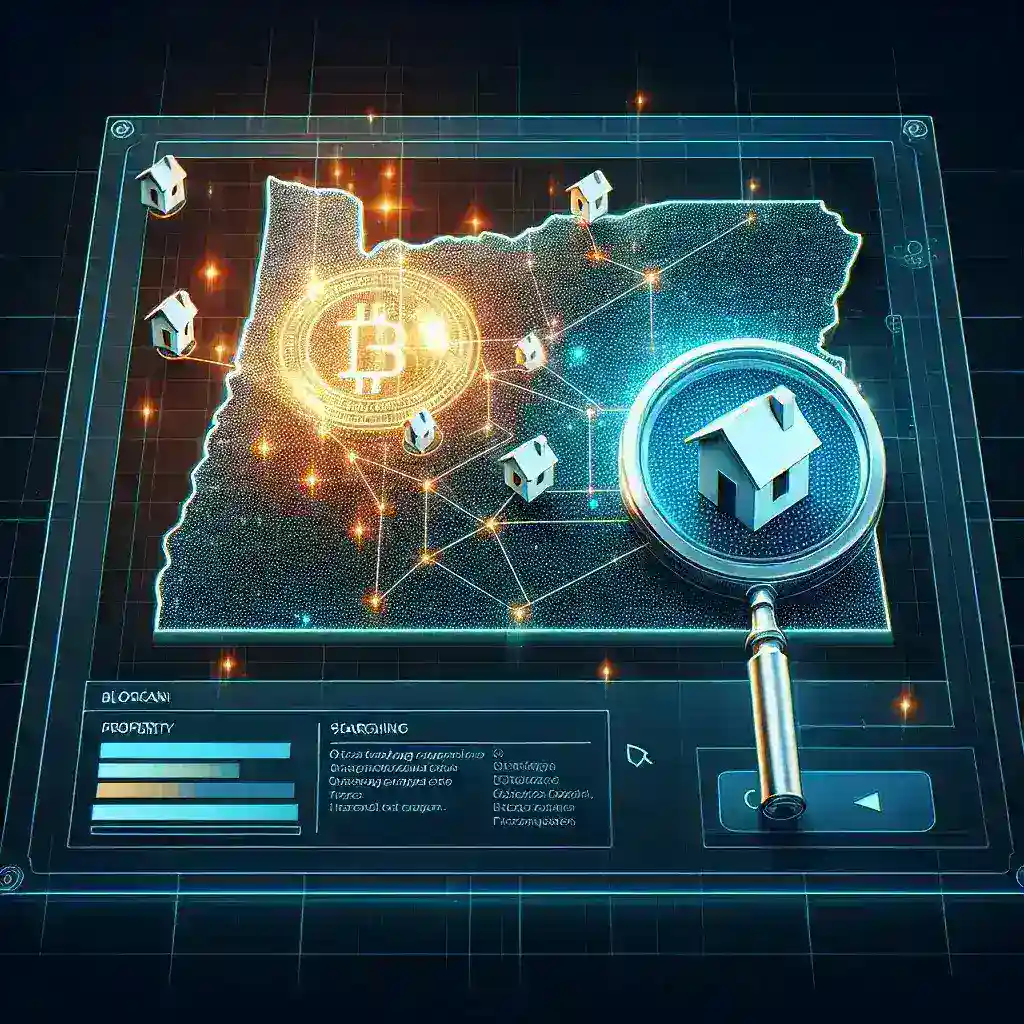Introduction
The state of Oregon has embarked on a groundbreaking initiative to test blockchain technology for land registries, aiming to mitigate property fraud—a pervasive issue that has long plagued real estate transactions. In a world where digital transformation is the norm, this move represents a significant evolution in how property ownership is recorded, transferred, and protected.
The Challenge of Property Fraud
Property fraud involves the unauthorized transfer or misrepresentation of property ownership, leading to significant financial losses for individuals and investors alike. According to recent reports, property fraud cases have surged in various regions, prompting urgent calls for more secure and transparent systems.
Statistics on Property Fraud
- Over $6 billion is lost annually to property fraud in the United States alone.
- Approximately 1 in every 100 properties is affected by fraud, according to industry studies.
- Homeowners are often unaware of their vulnerability until it’s too late, making preventative measures essential.
Understanding Blockchain Technology
Blockchain technology serves as a decentralized, immutable ledger that records transactions across multiple computers so that the registered information cannot be altered retroactively without the alteration of all subsequent blocks and the consensus of the network. This technology enhances security, transparency, and efficiency in various applications, including land registries.
Key Features of Blockchain
- Decentralization: Eliminates the need for a central authority, reducing the risk of manipulation.
- Immutability: Once a transaction is recorded, it cannot be altered or deleted, ensuring accuracy and trust.
- Transparency: All parties involved can access the same information, fostering open communication.
Oregon’s Pilot Program
The Oregon Secretary of State’s office has initiated a pilot program that aims to explore the practical applications of blockchain in maintaining land registries. This program includes collaboration with technology partners and stakeholders in the real estate industry, focusing on creating a transparent and secure platform for property transactions.
Objectives of the Pilot Program
- To reduce property fraud by ensuring a secure chain of ownership.
- To streamline the process of buying and selling property through enhanced verification methods.
- To provide a transparent system accessible to all stakeholders.
Benefits of Blockchain for Land Registries
Implementing blockchain technology in land registries offers numerous advantages:
Enhanced Security
The decentralized nature of blockchain provides enhanced security against tampering and fraud. Every transaction is cryptographically secured, making unauthorized access nearly impossible.
Increased Transparency
Transparency is paramount in real estate transactions. Blockchain allows all parties access to the same ledger, reducing misunderstandings and disputes over property ownership.
Cost Efficiency
By automating tasks traditionally handled by multiple intermediaries, blockchain can significantly reduce transaction costs, benefiting both buyers and sellers.
Faster Transactions
The use of blockchain can expedite the process of transferring property by eliminating the lengthy processes typically associated with title searches and deed transfers.
Potential Challenges
While the benefits are compelling, there are potential challenges that Oregon’s pilot program must address:
Regulatory Concerns
Regulatory frameworks surrounding blockchain technology are still in development. Ensuring compliance with state and federal laws will be essential for the program’s success.
Technological Barriers
Implementing blockchain requires significant technological infrastructure and expertise. Ensuring that all stakeholders have access to the necessary technology is crucial.
Public Acceptance
Gaining the trust and acceptance of the public and industry professionals will be vital for the program’s success. Education and outreach will play a key role.
Future Implications
Should the pilot program in Oregon prove successful, it could set a precedent for other states looking to enhance their property registration processes. The potential to develop a nationwide blockchain land registry system could revolutionize the real estate industry, providing a secure, efficient, and transparent framework.
Global Trends
Countries worldwide are exploring blockchain solutions for land registries. For instance, Sweden has successfully implemented blockchain for their land registry, witnessing reduced fraud rates and increased efficiency. Oregon’s initiative could align with these global trends, further establishing the U.S. as a leader in adopting innovative technologies.
Conclusion
Oregon’s testing of blockchain technology for land registries marks a pivotal step towards combating property fraud and enhancing the integrity of real estate transactions. As this pilot program unfolds, it holds the promise of transforming property ownership practices, setting the stage for a more secure, efficient, and transparent future in real estate. The implications of this initiative could resonate beyond state lines, inspiring a nationwide shift towards blockchain adoption in land registries.
Call to Action
As the landscape of real estate continues to evolve, staying informed about technological advancements is crucial. For homeowners, investors, and industry professionals, understanding the potential of blockchain technology can foster better decision-making in property transactions.

Leave a Reply